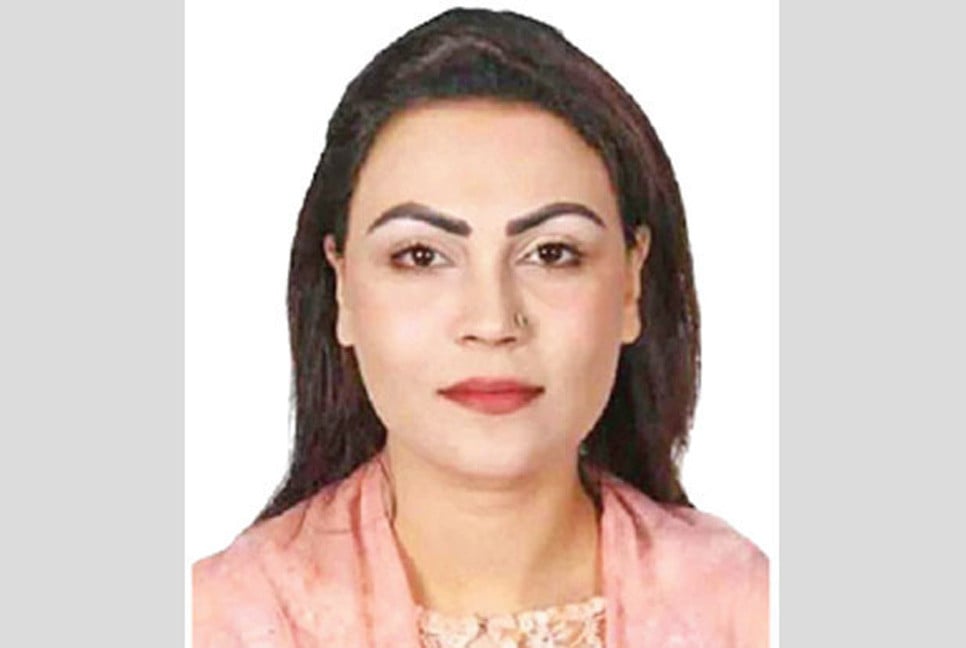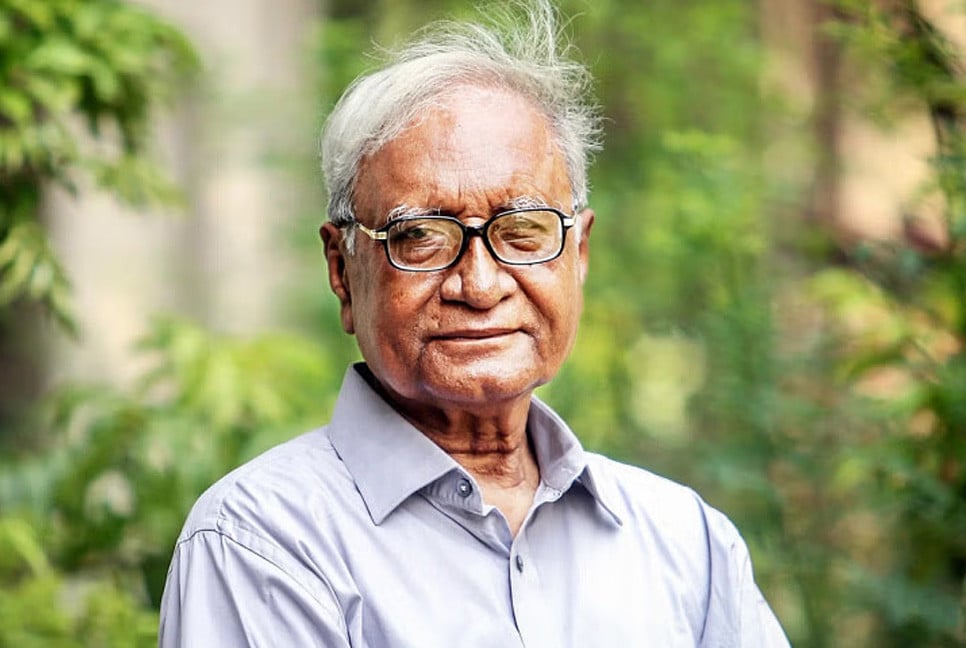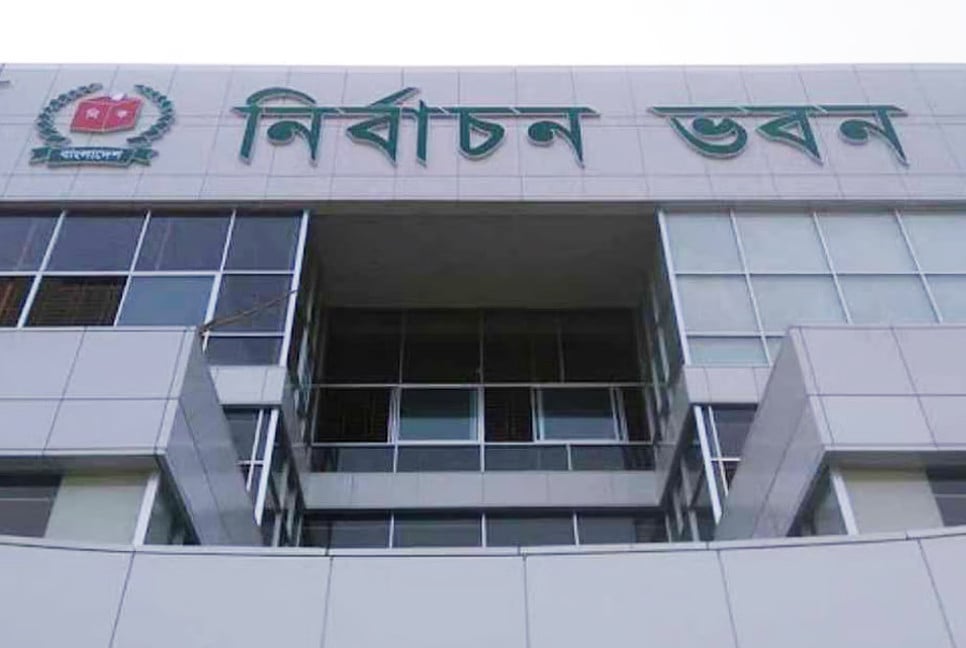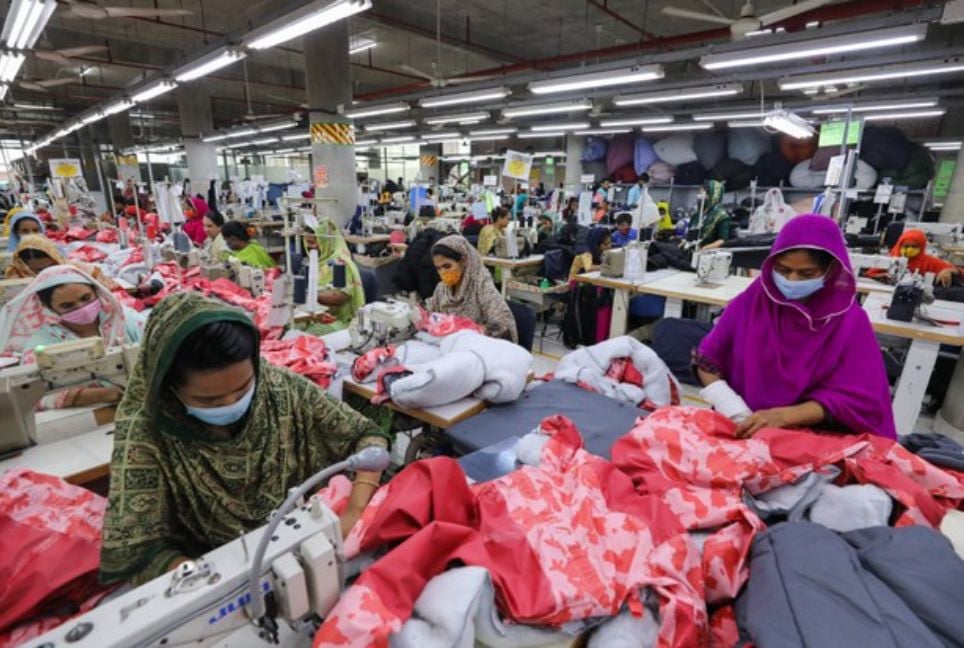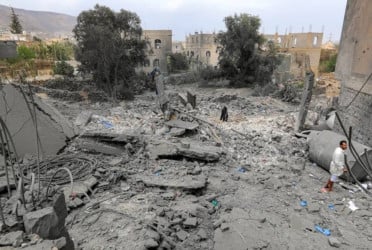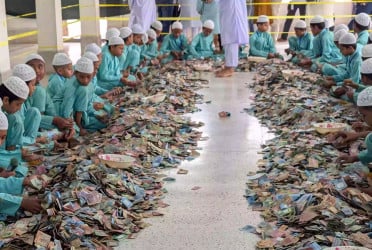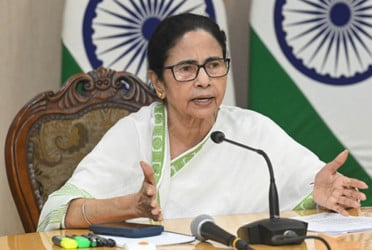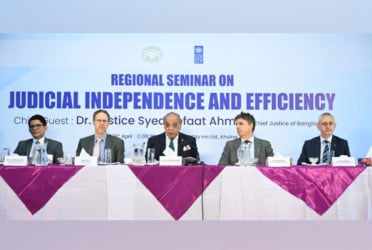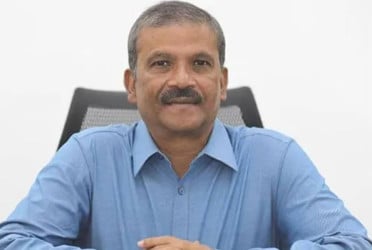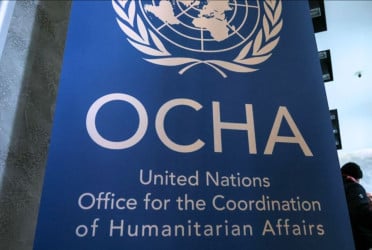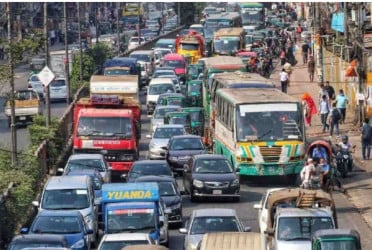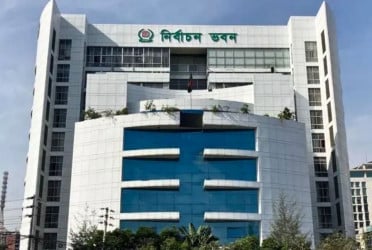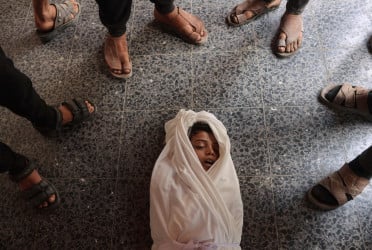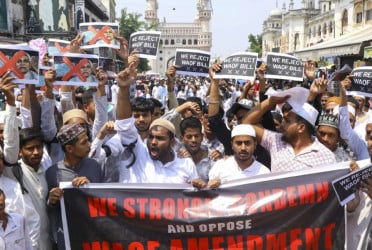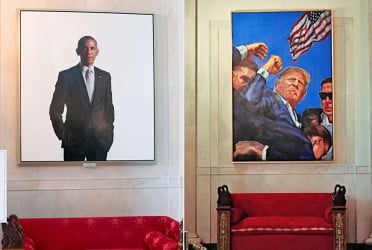Bangladeshi patients continue to spend heavily on medical treatment abroad, with annual expenditures reaching approximately 6,000 crore taka. Many traveling to India for medical care, but diplomatic tensions have led to India limiting visa issuance, only allowing entry for serious cases. In response, discussions are underway in Bangladesh to reform the healthcare sector to improve domestic services.
Health Adviser Nurjahan Begum highlighted the quality of Bangladeshi doctors but stressed the need for similar standards in diagnostic testing. “People shouldn’t need to get the same test done multiple times. If we can provide high-quality services, there’s no reason for patients to go abroad. Medicine is not a business, and it’s not enough to simply ask the government for change—everyone must take responsibility,” she said.
She also pointed to a lack of coordination in healthcare, noting shortages of both staff and equipment. “Some areas have the right personnel but lack equipment, while others have the equipment but not the necessary staff. We are also lagging behind in cancer treatment,” she added.
According to India’s Ministry of Tourism, about 2.5 million Bangladeshi patients travel to India annually, spending around $500 million (600 crore taka) on healthcare.
A report by Bangladesh Bank in June revealed that India is the top destination for Bangladeshi credit card spending abroad, accounting for a quarter of total overseas credit card transactions.
In February this year, Bangladeshis spent 73 crore taka on credit cards while traveling to India. In March, the amount of money spent stood at 103 crore taka. A large part of this was spent on the medical sector. Patients are buying dollars and euros to cover their expenses while going for treatment. This is also putting pressure on the dollar and euro markets.
Professor Dr. Rashid-E-Mahbub, Former President of Bangladesh Medical Association (BMA), said, “People of the country go abroad for treatment for various reasons. One of these is the crisis of mental trust. Again, there are no good quality hospitals for 16 crore people, either government or private. Many people go to neighboring countries due to geographical location.”
He further said, “There has not been much technological development in our country's medical system. Therefore, patients go abroad. Only if the country's medical system improves, it will be possible to reduce this foreign travel.”
Due to the ongoing diplomatic tensions between India and Bangladesh, India is not granting medical visas to any Bangladeshi except for the most serious patients. Patients suffering from 12 types of incurable diseases like cancer, kidney, heart disease, liver damage problems go to India for treatment. These patients are in trouble due to not getting visas.
Many Bangladeshi patients are going to Thailand, Malaysia, Singapore as an alternative to India for treatment. However, many cannot afford the cost of treatment and travel expenses in these countries.
Every year, billions of taka are being spent abroad for better treatment. The cost of the same treatment in India is almost double what it costs in Bangladesh. In Thailand and Singapore, it is three to 10 times more.
However, when calculating the hospital bill, cabin expenses and other ancillary expenses, the cost is almost the same; due to which the aversion to local hospitals is increasing day by day.
Professor Dr. Syed Abdul Hamid, Institute of Health Economics, University of Dhaka, said, “If patients are satisfied with the services in the country, they will not go abroad. This will develop infrastructure in the country. Discussions are needed from the government side; at the same time, private hospitals and clinics can also utilize this opportunity to improve quality.”
(Translated by Tanvir Raihan)


